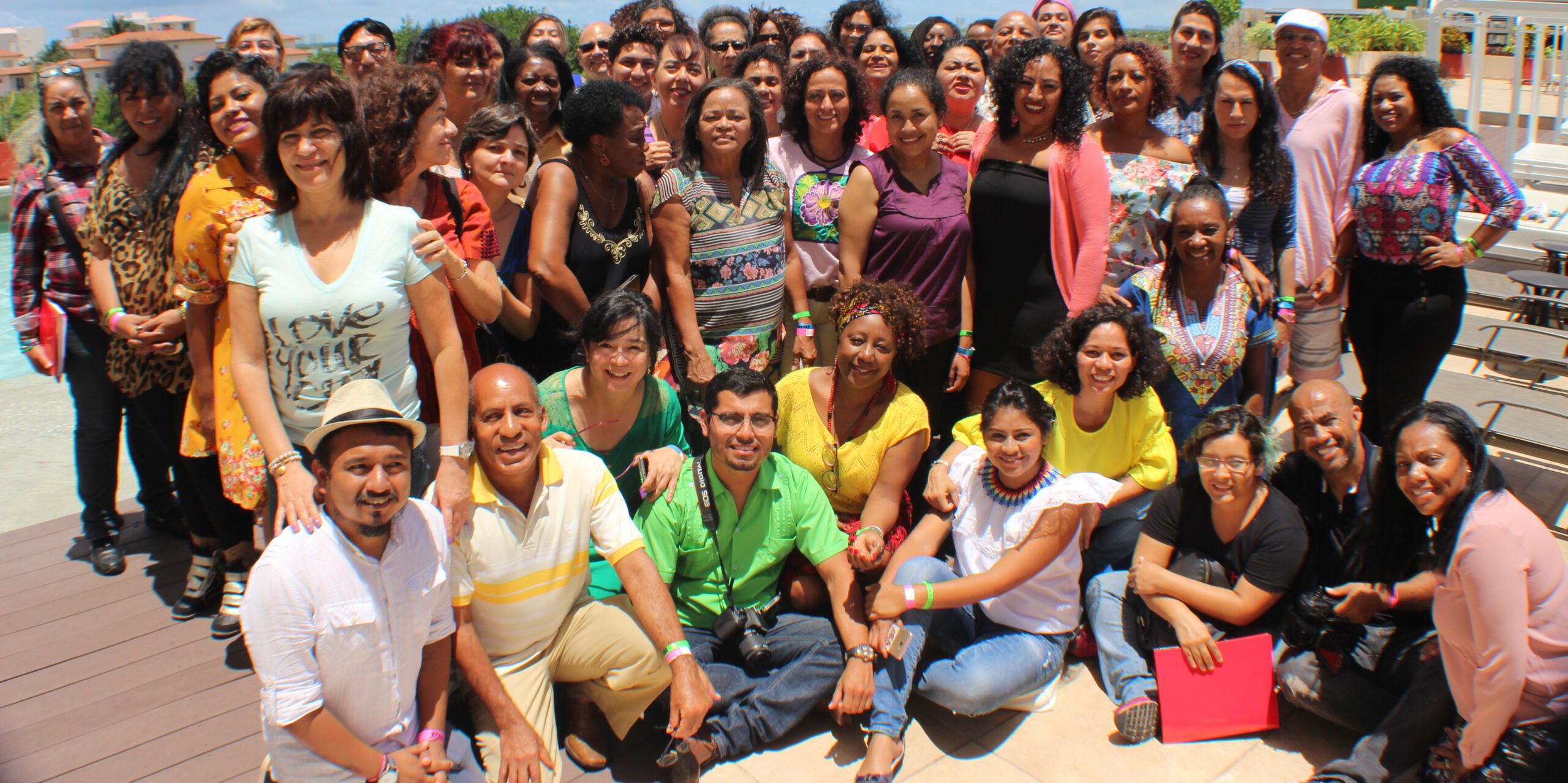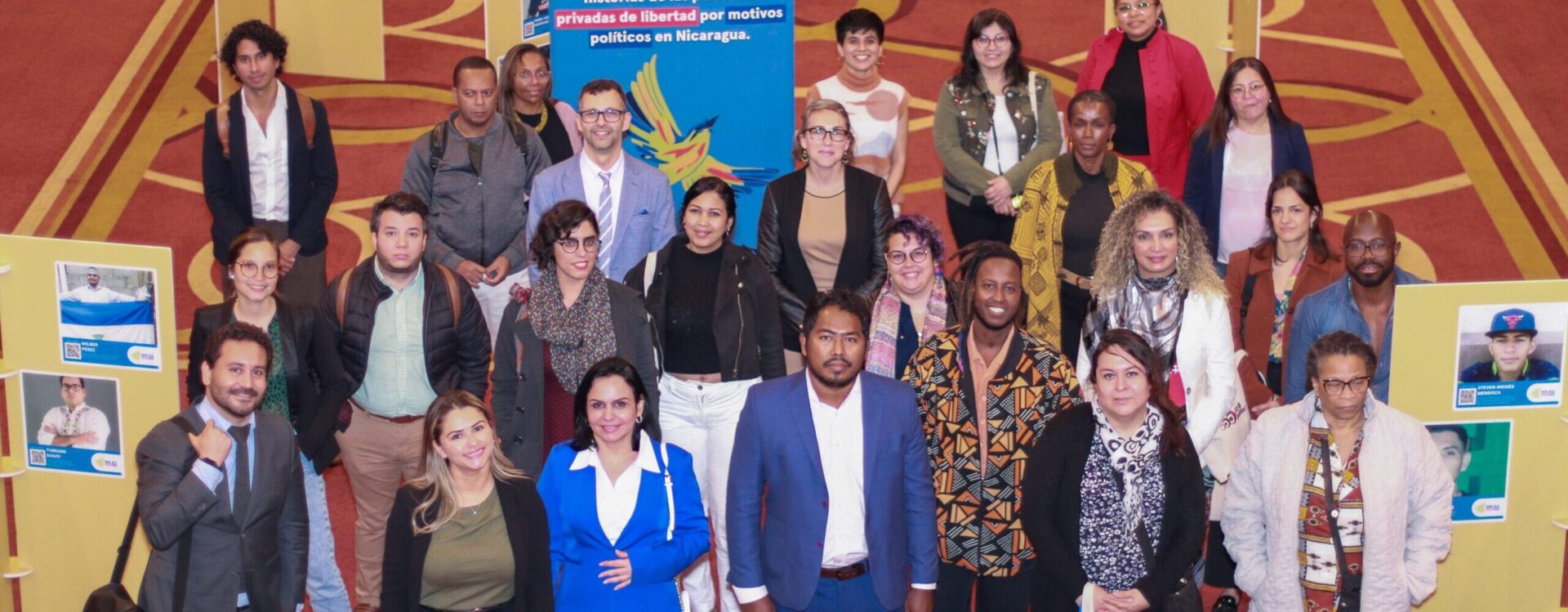21 de marzo: Día Internacional por la Eliminación de la Discriminación Racial
Message from Carlos Quesada, executive director of Race and Equality Washington DC, 2020, May 21st. Today we commemorate once again the International Day for the Elimination of Racial Discrimination, a […]

Message from Carlos Quesada, executive director of Race and Equality
Washington DC, 2020, May 21st. Today we commemorate once again the International Day for the Elimination of Racial Discrimination, a day that we at the International Institute on Race, Equality and Human Rights (Race and Equality), take as an opportunity to remember our universal rights to equality and non-discrimination. This message must be echoed in a context of growing intolerance, hate, and superiority speech that do not contribute to the development and well-being of our society.
We have been commemorating this day since 1966, in memory of the 1960 Sharpeville massacre in South Africa, when police opened fire and killed 69 people who were protesting peacefully against the Apartheid Pass Laws. Since then, racial discrimination has subsided considerably in Africa and also in Latin America.
This year, Mexico ratified the Inter-American Convention against Racism, Racial Discrimination and Related Forms of Intolerance, thus joining Uruguay, Costa Rica, and Antigua and Barbuda; and also ratified the Inter-American Convention against All Forms of Discrimination and Intolerance, which entered into force with this ratification.
Also in Mexico, the inclusion of the Afro-descendant self-identification question was achieved for the first time in the 2020 Census. However, it was included late in the process, so Afro-Mexican organizations had to start their awareness campaigns just a few months before the census, which is being carried out this month. Currently, the campaign continues with great force led by the Collective to Eliminate Racism in Mexico (COPERA, for its initials in Spanish) along with Race and Equality and in alliance with some government agencies and Afro-Mexican organizations.
In Panama, we are concerned that the census scheduled for May 2020 was postponed until the first quarter of 2021, due to delays with the bidding process. This implied that all progress made on the 2020 Census was suspended, and adjustments to the next steps represent a great challenge. This is because there are several actions that must be carried out such as updating the budget, cartography, and identifying and hiring personnel, among many other duties. However, this period has allowed for the promotion of self-identification among Afro-descendants in both rural and urban communities.
In Colombia, the number of social leaders assassinated in 2019 was alarming: at least 253, of which 91 were Afro-descendant and indigenous leaders, according to the Institute for Development and Peace Studies (INDEPAZ, for its initials in Spanish). Patterns of structural racial discrimination continue to prevent Afro-Colombian and indigenous communities from having effective enjoyment of their economic, social, and cultural rights compared to the rest of the Colombian society. It is a matter of concern that given this situation, the Colombian government has not guaranteed an adequate statistical estimate of the Afro-Colombian population. This is reflected in the 2018 Census, where the black, palenquera and raizal population was reduced by 31% compared to the 2005 Census. The Government is also not offering the conditions needed for the implementation of the Peace Agreement with an ethnic-differential approach.
In Brazil, between January and February 2020, 38 trans women were killed, of whom 75% were Afro-Brazilian. This figure is particularly worrisome because it is 90% higher compared to last year’s figures. In general, most LGBT crimes are committed against Afro-descendants, according to data from the National Association of Travestis and Transsexuals (ANTRA, for its initials in Portuguese).
In Cuba, there is still no implementation plan for the International Decade for People of African Descent. We have managed to document that the majority of the activists who are victims repression by the Cuban Government are Afro-descendants, such as Juan Antonio Madrazo, Marthadela Tamayo or Nancy Alfaya. From the State’s side, there is no opening to recognize the existence of racial discrimination on the island.
From Race and Equality, we will continue to make visible, fight, and denounce the marginalization and injustices that Afro-descendant populations face in the Americas. We will continue to work, especially in the company of our counterparts in the region, who, from their communities, contribute to tehe construction of a more equal society.

